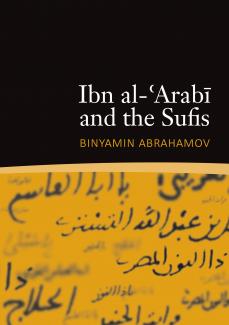
Overview
A fascinating and groundbreaking analysis of the extent to which various major Sufi figures contributed to the mystical philosophy of Ibn al-ʿArabī. While recent scholarship has tended to concentrate on his teachings and life, little attention has so far been paid to the influences on his thought.
Each chapter is dedicated to one of Ibn al-ʿArabī’s predecessors, from both the early and later periods, such as al-Bisṭāmī, al-Ḥallāj and al-Jīlānī, showing how he is discussed in the works of the ‘Greatest Master’ and Ibn al-ʿArabī’s attitude towards him. As Abrahamov makes clear, Ibn al-ʿArabī was greatly influenced by the early Sufis as regards his philosophy and by the later Sufis in matters of practice.
This naturally raises the question: How original was Ibn al-ʿArabī? The author tackles this complex issue in his conclusion. This book brings into sharp relief the highly original nature of Ibn al-ʿArabī’s mystical theory, unprecedented in Islamic Mysticism, and the unique way in which he interwove the ideas of others into his own thought.
Ibn al-ʿArabī and the Sufis will interest students of theology and mysticism, especially those studying in Arabic and Middle East Studies departments, as well as the general reader interested in Sufism and Ibn al-ʿArabī’s teachings.
Endorsements
'Ibn ʿArabī is such a majestic zenith of the Islamic mystical tradition that at times it’s tempting to treat him like an isolated mountain. Ibn al-ʿArabī and the Sufis by Abrahamov helps remind us that the tallest mountains stand connected to, even as rising above, wider mountain ranges. Abrahamov locates Ibn ʿArabī in dialogue with earlier Muslim sages whose works he draws from, even as he makes his own contribution. Highly recommended to all those who want to learn about the context from which Ibn ʿArabī emerges.'
'This is a useful and well-documented survey of how Ibn ʿArabī viewed many of his illustrious predecessors on the spiritual path.'
'This valuable new work includes well-researched, clearly presented, and elegantly written engagements with Ibn al-ʿArabi’s positions on earlier mystics. Highly recommended.'